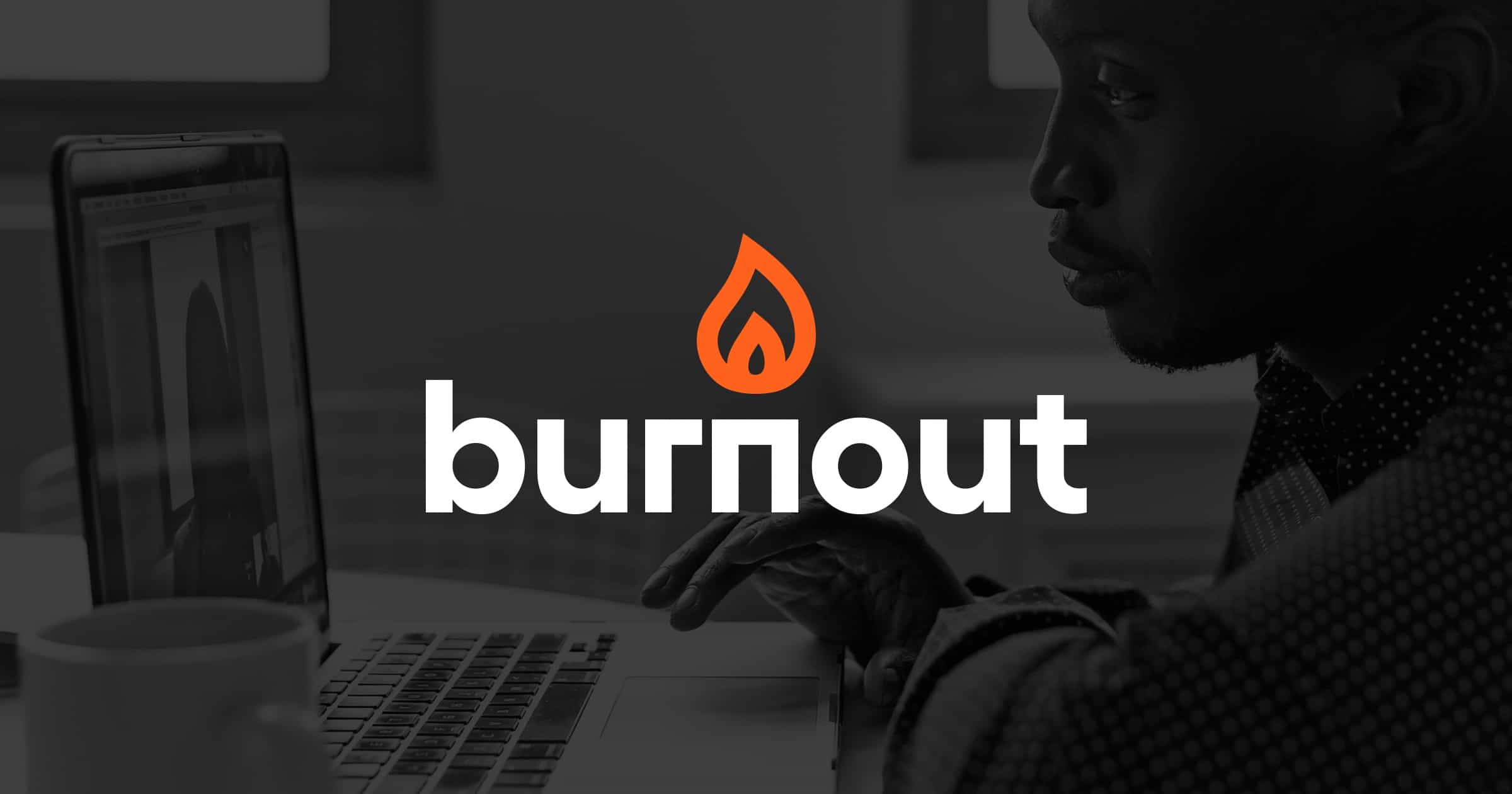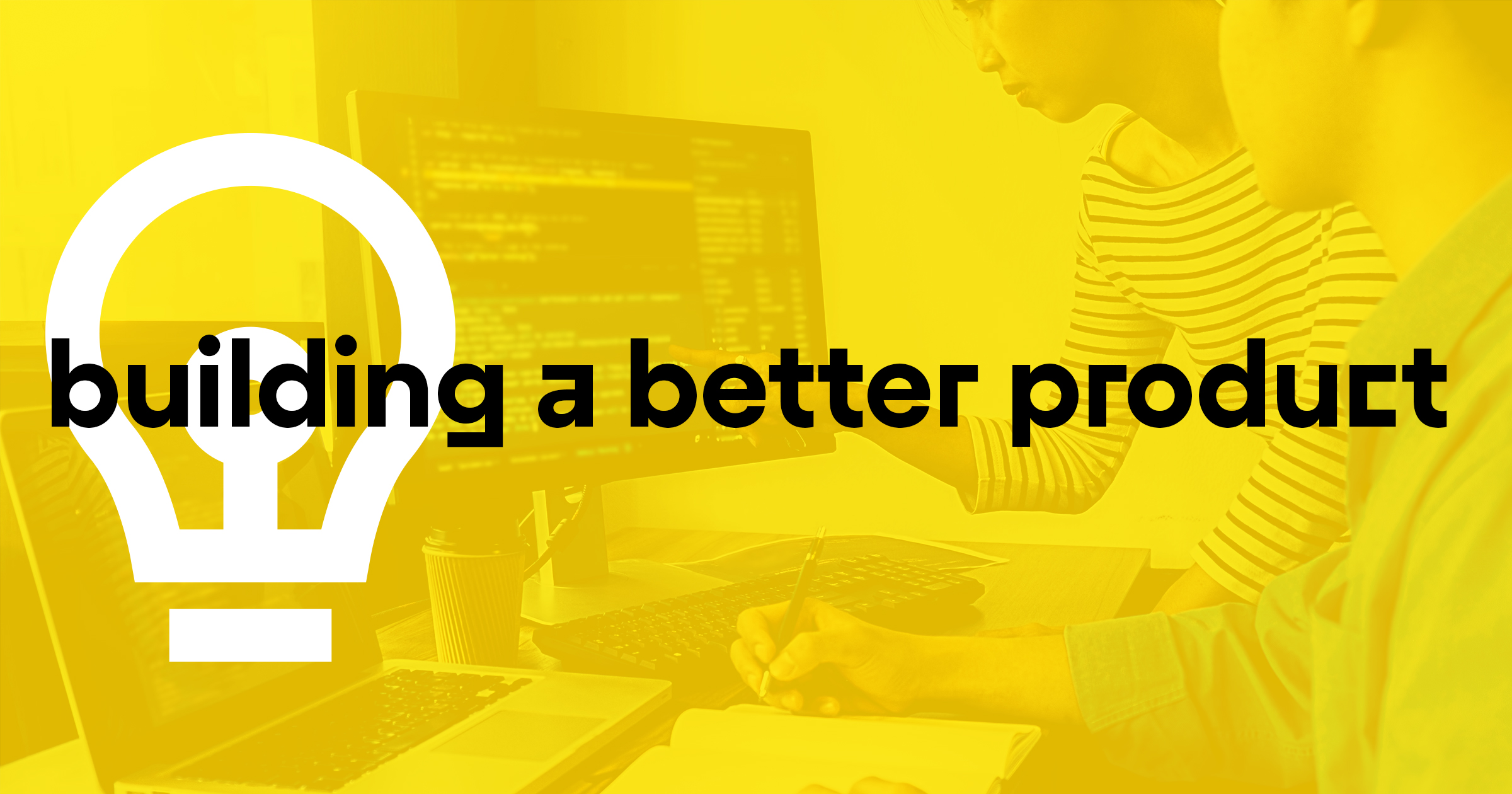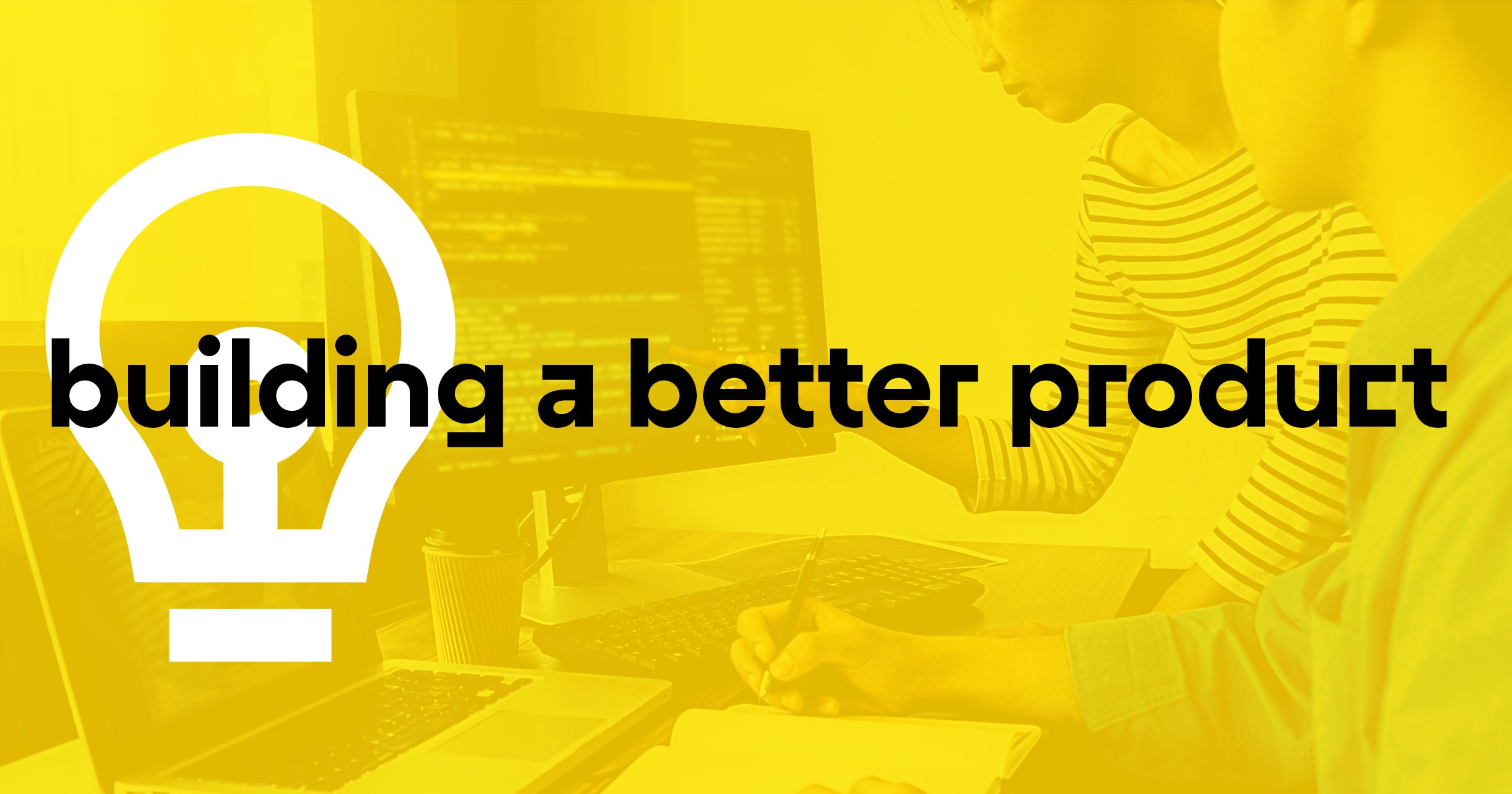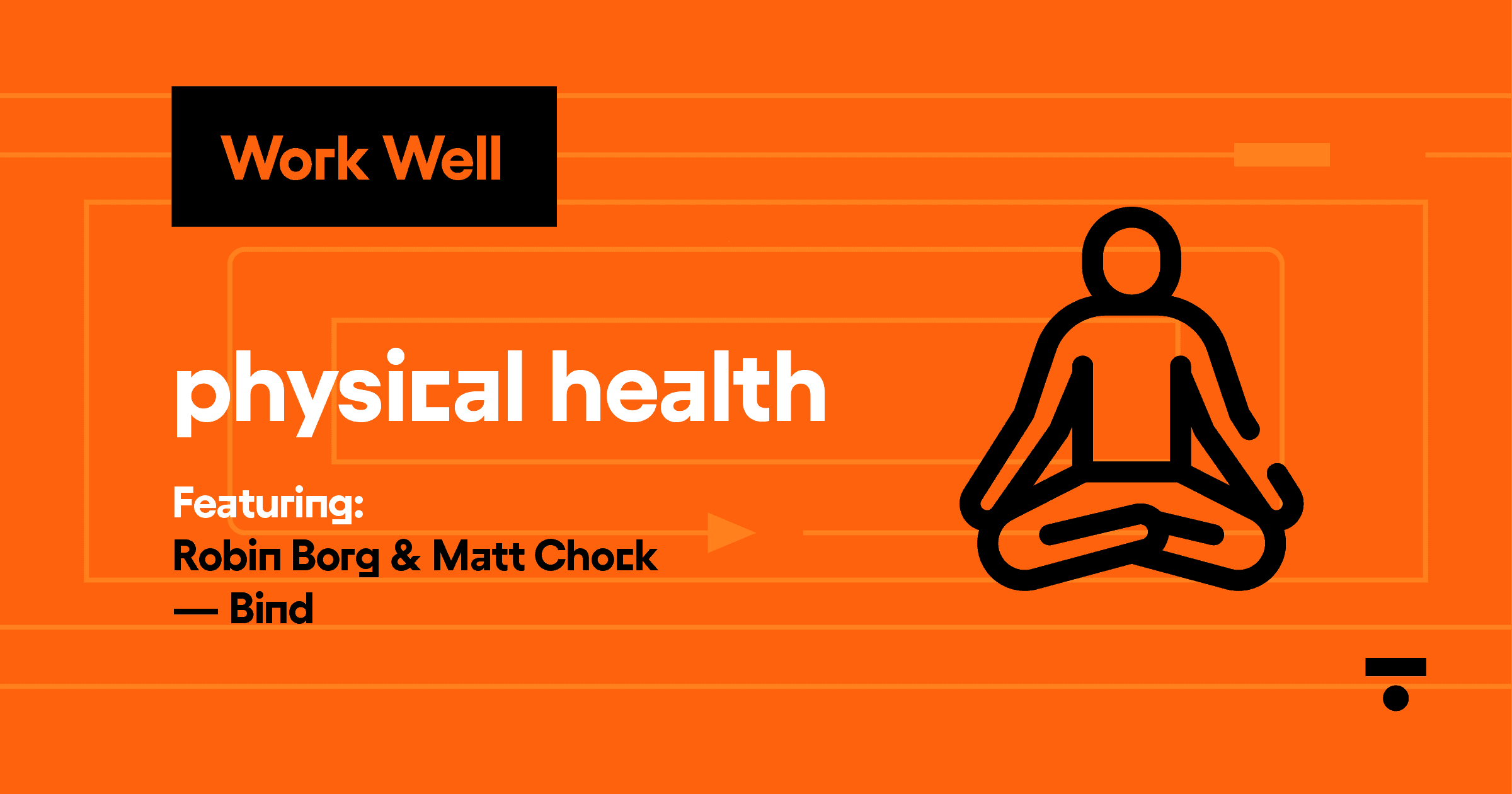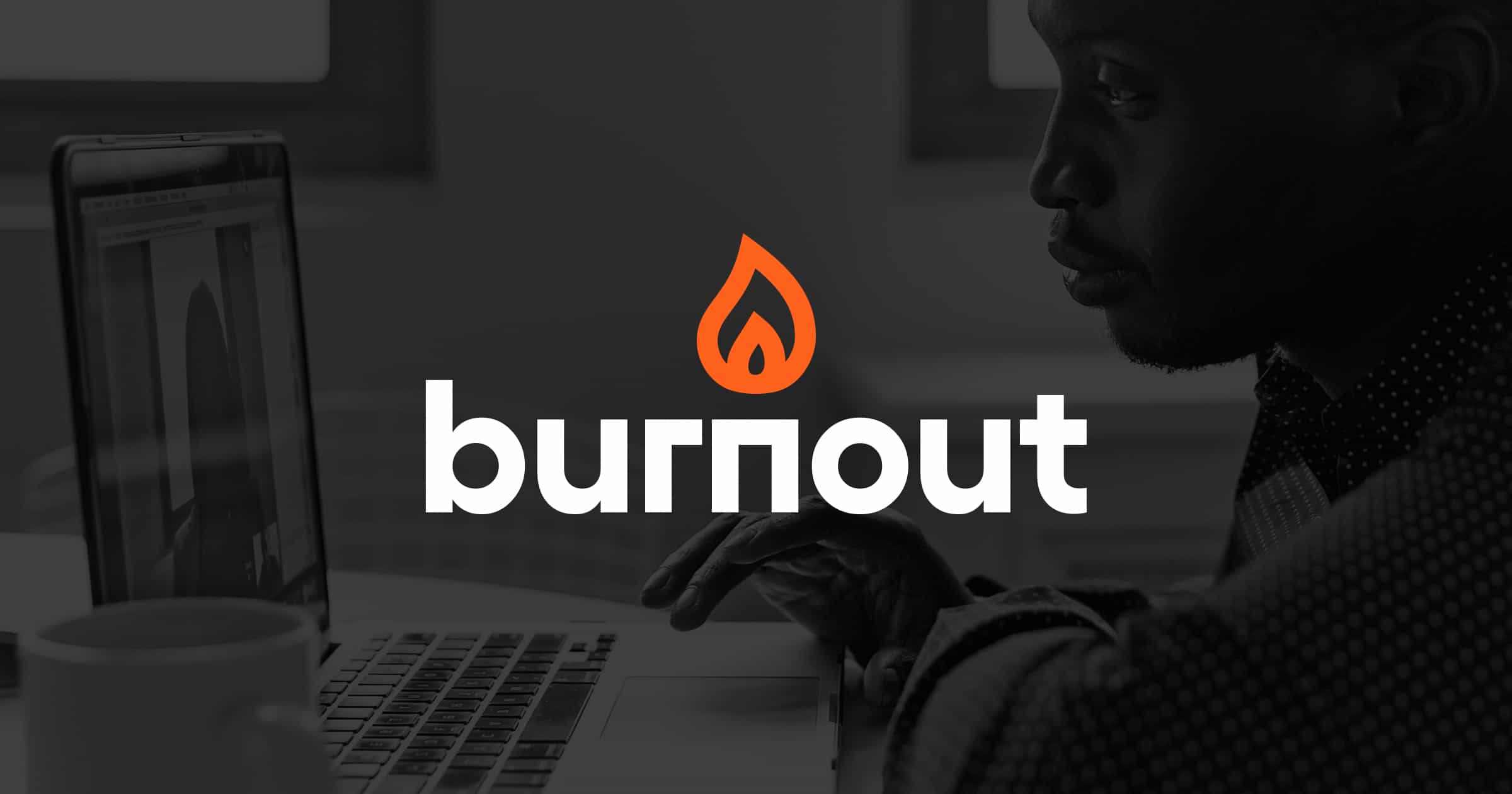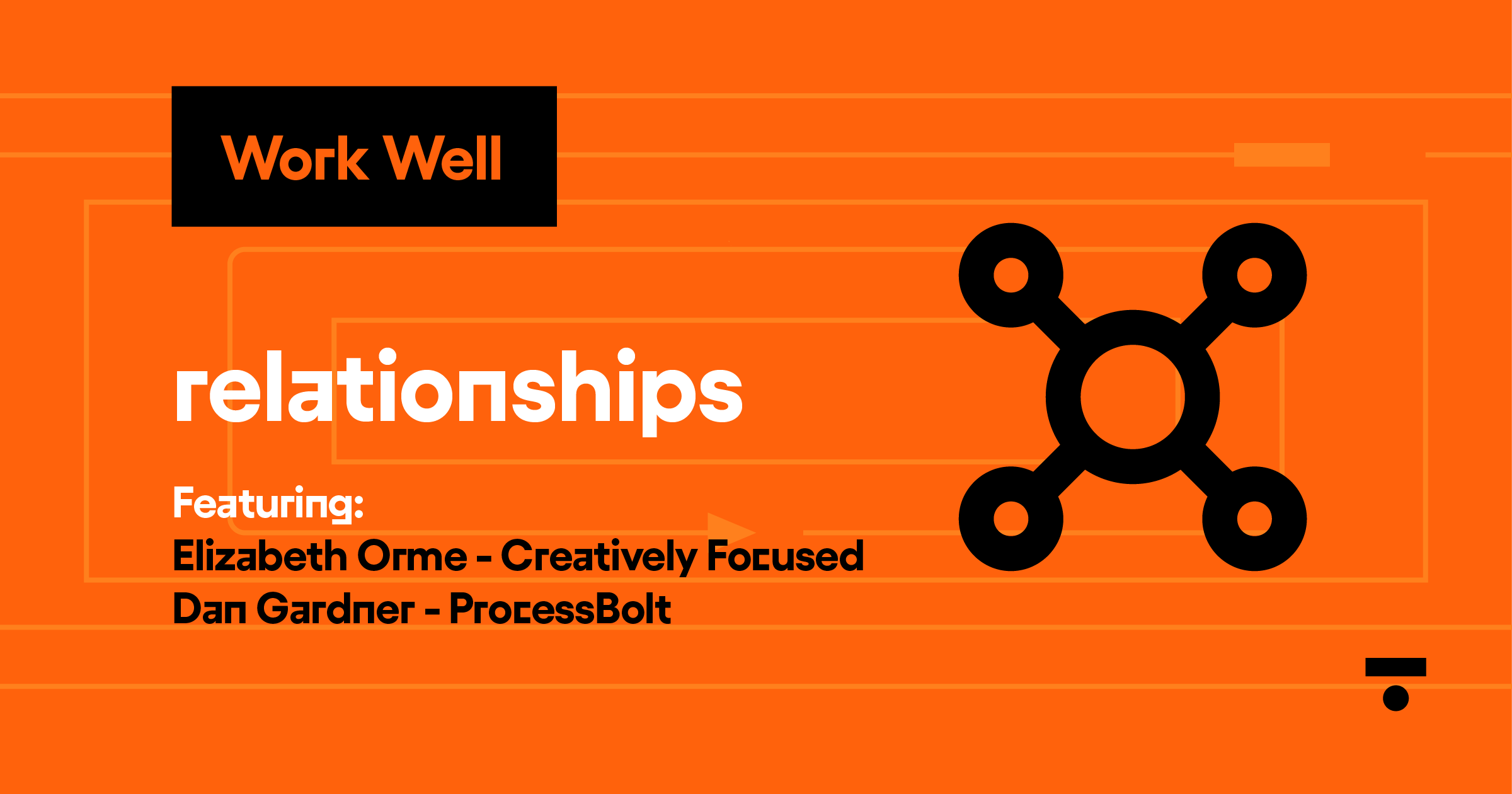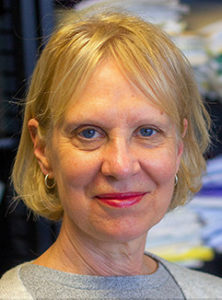
Professor Frazier, PhD
In times like these, when most of us are stuck at home or wanting a distraction, it may be harder than ever to stop the cycle of toxic productivity and a constant need to get things done. In fact, interpersonal conflicts such as arguments and financial conflicts are more related to distress than are other stressors, according to Professor Frazier, PhD. and Director of Graduate Studies in the Department of Psychology at the University of Minnesota Twin Cities.
But in these moments, when we’re feeling the most stressed or anxious, it’s most important to take those breaks and recuperate.
Kristen Womack, co-founder of Mina Families, is no stranger to the craziness a startup brings. With kids ages two and seven, Womack focuses on a work/life balance by sticking to certain routines throughout the day such as carving out time for family lunch and a hard stop at 5 p.m.
“My husband and I have had to divide and conquer,” she said.
It hasn’t always been easy, though. After hitting a low point during her first trimester of her second pregnancy, Womack prioritized her family and her health and was able to come back reenergized.
“Once I was able to take a step back and take care of myself, that’s when Mina came to life,” she said.
Womack launched the business, which aims to help improve health outcomes surrounding birth and babies by connecting parents with providers, in October 2019 with cofounder Terryn Lawrence.
Caroline Karanja of 26 Letters and Hack the Gap had a similar experience — and a similar outcome. A few years after college, Karanja described a time when it felt like a, “boulder was slowly crushing [her].” That’s when she realized she needed to step back for a while.
“To get away from everything mentally and emotionally and calm myself, this really helped,” she said. “Just allowing myself to be unproductive turned out to be the most productive thing.”

Caroline Karanja
Now, Karanja checks in with herself to see what she needs to reset, whether it be listening to music, running around the lakes, cleaning, or just nothing at all.
Speaking on the hustle startup culture, she said that it depends on what an entrepreneur wants and their goals. Everything goes back to individual passions; one should figure out what they want out of their life and experience first and then plan accordingly.
“For me, I’m really interested in things that are longer term,” Karanja said. “In order for things to last you have to not outdo yourself, to not burn out.”
In 2020, she said she’s making better decisions about what spaces she’s working in, the types of work she wants to do, and what she wants out of it.
This intentional mindset is something Womack has also adopted. Using a journal method, she has set up a structure for herself based on creating habits whether it be running, reading every day, meditation, or yoga.
“Once you build it into a habit and build that into your family, it’s not that hard,” she said of sticking to a healthy routine.
Womack also works to maintain a healthy outlook and surround herself with people who are realistic, positive, and hold her accountable.

Kristen Womack
“Instead of complaining, look for what you can do instead,” she said of not getting swept up in things.
According to Hammen’s stress generation theory, this type of mindset is important. People aren’t just passive recipients of stressful events; they can play an active role in creating them — meaning they can potentially make it worse.
“It’s all about the mindset,” Womack said.
And it’s not just your own mindset that matters. One of the most important things for Womack is creating boundaries around people who bring toxicity to a relationship. This is additionally important when a lot of the people you work with are your friends, too.
“In the midst of being an entrepreneur, a lot of what you do is centered around relationships,” Karanja said. “A lot of my clients and coworkers are my friends.”
There’s a lot to consider when balancing personal relationships with the rigor of running a startup. Next week, Minneapolis licensed clinical psychologist Sherry Walling, PhD, will discuss how she helps entrepreneurs foster healthy relationships both in the workplace and at home.

